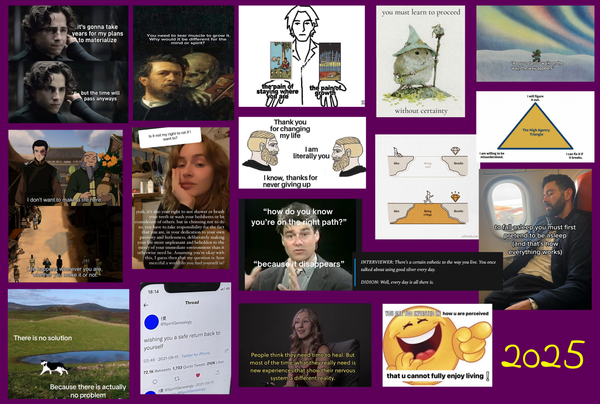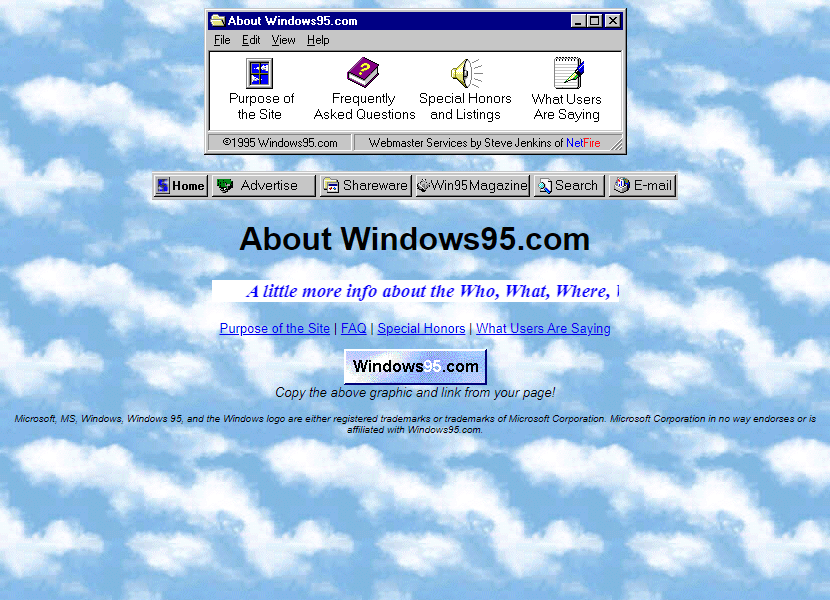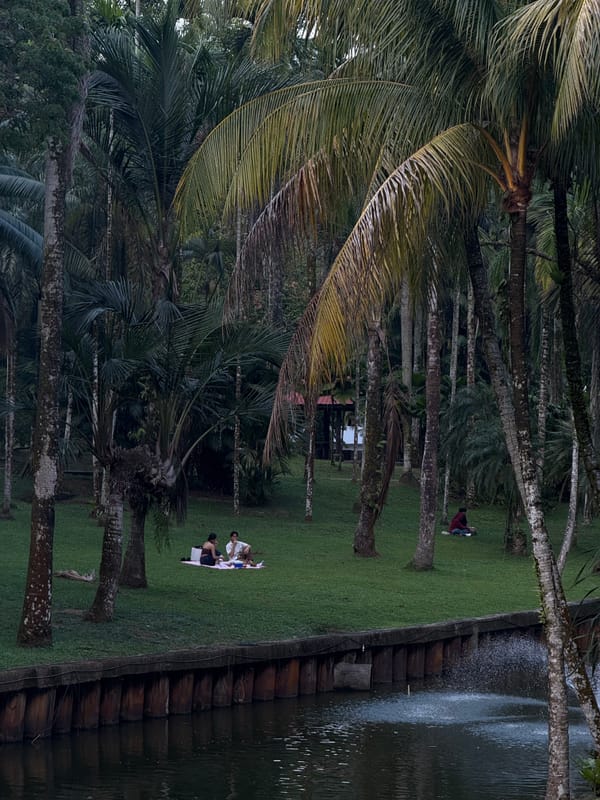thoughts on internet culture today
I grew up loving the internet. But these days it feels nosier and more overwhelming. So I wrote about the digital fatigue, analog escapes, and bringing back humanity in the internet.
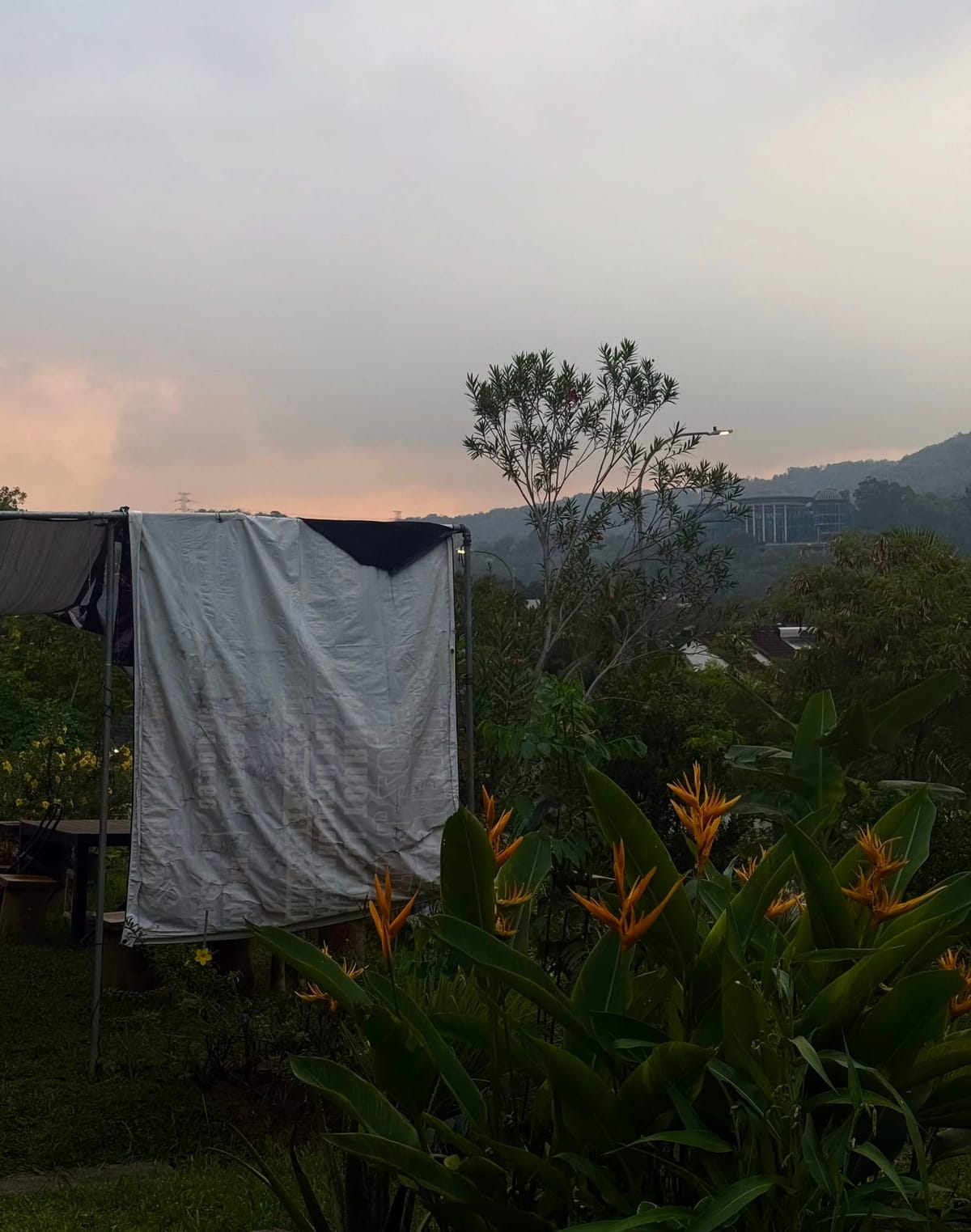
We live in the age of information abundance. It's a a great time to be a creator (or in general) online with the democratisation of tools and information at our disposal. But it's becoming less than a blessing now. We're spoiled with choices, inundating our senses instead of freeing them.
Our attention spans shortened, especially the newer generation – cursed by instant gratification and held hostage by the addictive algorithms. These algorithms feed us infinite amount of short-form content with no cue to an end, rewiring our brain (see: brain rot) to crave for these artificial dopamine hits. As a consequence of long-term exposure, it's impairing our ability to sustain patience and focus on longer tasks without being overwhelmed.
It's becoming a darker forest, unlike the times during the 00's era when it was still enjoyable. The internet has been become noisier, overtaken by advertisers, clickbait influencers and creators, and these days, AI slop. The dead internet theory doesn't seem to far-fetched at this point.
It's the courtesy of digital colonialism that we're under constant stimulation. This is the system that tech companies created to keep us on their platforms so that our attention can be sold to advertisers. Meanwhile, their CEOs spend their time away from their own apps (see: Zuck), aware of the dangers. In recent news, OpenAI and Meta continue to "innovate" in the form of generative AI videos (see: AI slop) to attract and retain users on their platforms. Granted, it's needed to fund their Actual Tech Research but is this the only way?
“Maybe we're all just tired. While the internet is forever, forever is exhausting. Sometimes you want your content to end. Sometimes you want to hold something real.”
- The Feed Is Full
Yes, I'm tired. I'm sure you all are too. The internet has become all-consuming. Even though we're chronically tired, we scroll to decompress by default. But it rarely leaves us rested. When there's no clear boundary drawn, we get easily sucked into the internet abyss.
There are a hundred and one things on our list. The future scares us, and there's not enough time. But scrolling is easier, mind-numbing. I'm in the present, consuming content that might be useful for me in future. I don't remember them the next day though. Too much content, but too little time. But being informed does not mean you're smart. Who are we trying to prove?
All these mere distractions are making us avoid the bigger and more important matters. And we're also avoiding important emotions such as anxiety that come with scrolling.
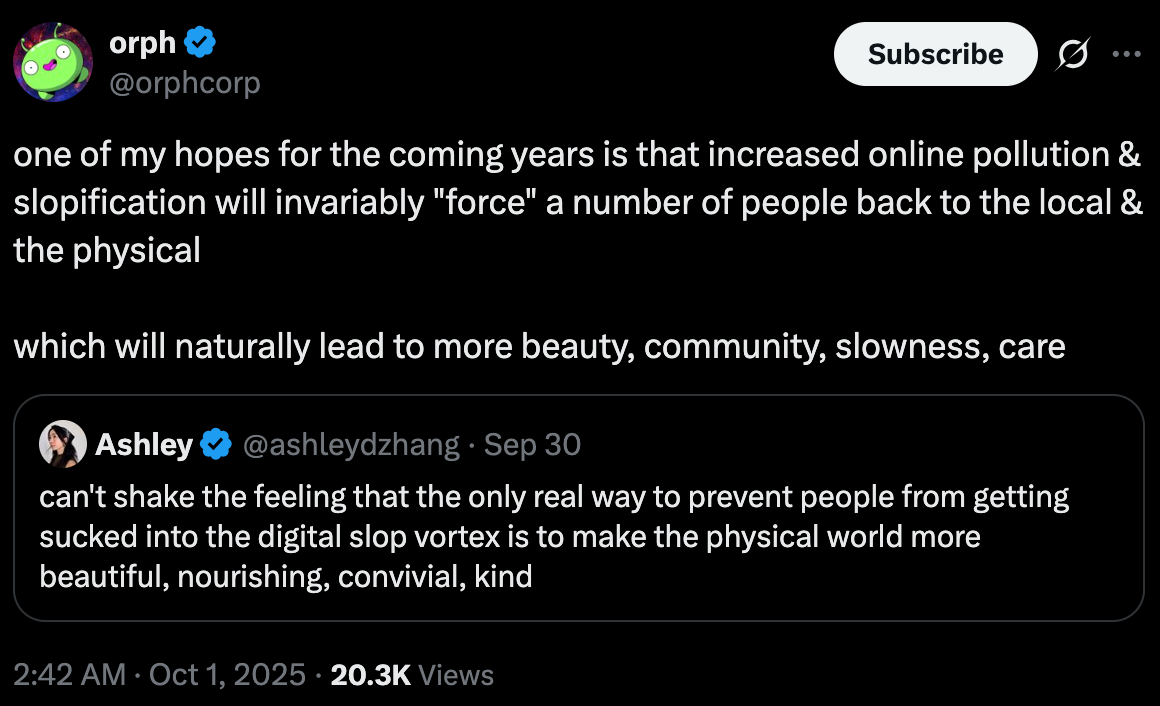
With more overbearing content and slop comes a growing desire to retreat to the physical world to enjoy real life experiences instead. There's something radical about going analog when everything is still digital, a deliberate choice to re-center your attention to something more alive.
When Anthropic delivered an offline pop-up experience giving away free "thinking" caps and tote bags, it was a success. Its timeliness struck a cord against short-form content and the AI sloppification of content (see: Meta's Vibes and OpenAI's Sora), tapping into the human side of tech. They reminded us that AI exists to help us continue thinking, not to replace what makes us human.
There's a reason why film (and digicams) cameras and vinyl players are making a comeback in recent years. Maybe it's nostalgia, but it's also a gradual detachment from digital devices, opting for a single-purpose approach. Apps promises over-abundance, but analog devices give you what you want without demanding for anything else. You're trying to listen to music on your phone, but you also get bombarded with notifications. With analog, it's focusing on one thing at a time, being intentional with what's in front of you and slowing down time.
We have a role to play to make our physical lives more beautiful, so that we can invest more time in in-person experiences instead. Whether it's finding a new hobby or experience, reviving a hobby, improving in a skill, or cultivate or nurture your community. Anything that can bring our attention back to the beauty of the physical world.
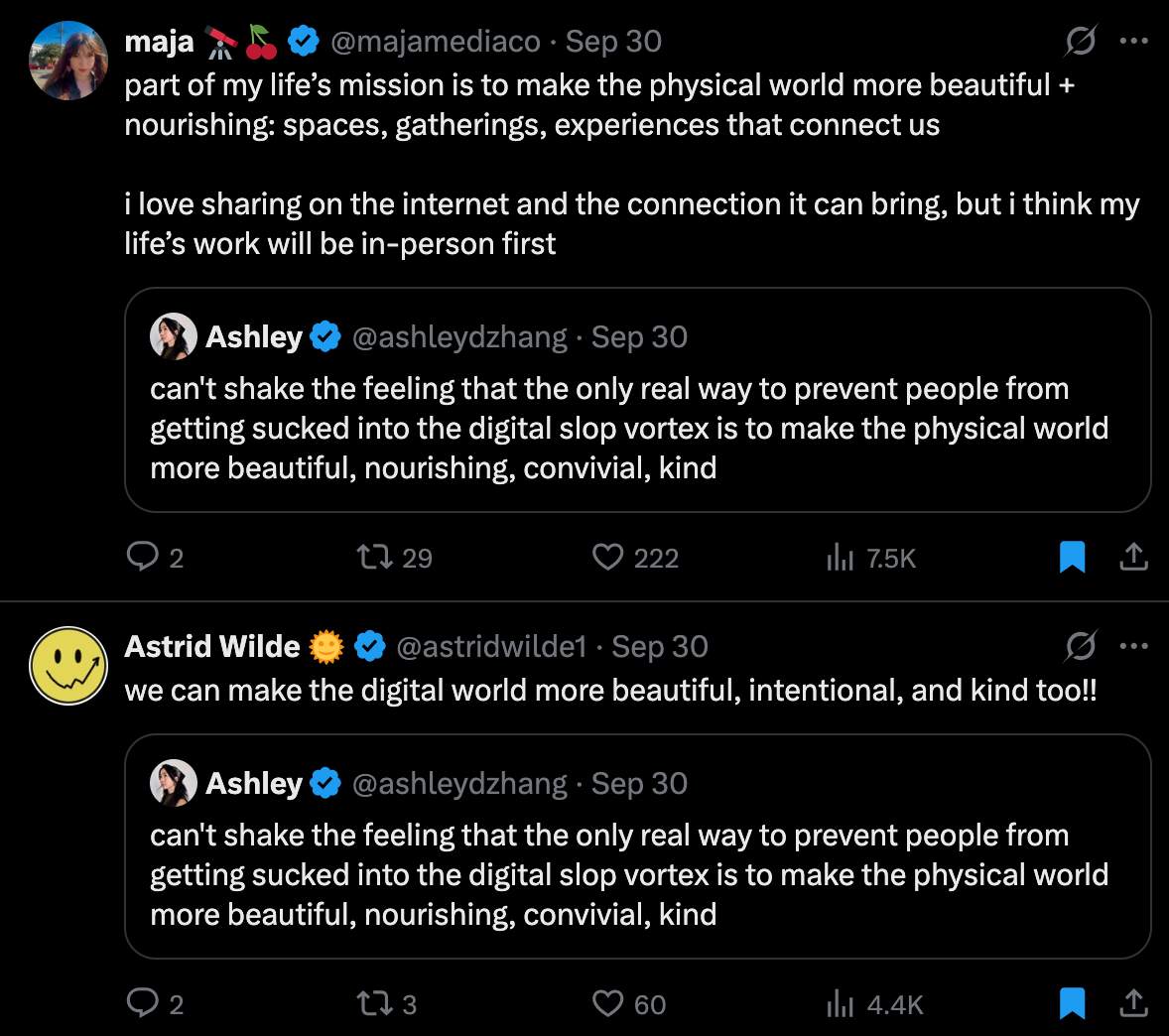
But we can also try to make the internet a beautiful place again.
Despite the current state of the internet, I still love the internet. There are so many cool new things and people to discover and learn from, and apply to your own life too. I grew up with the internet; it shaped my adolescence and is a big part of who I am today. It's not just nostalgia and reminiscing the good old times, but appreciating how the internet then priorities humans.
I like to believe that there are still spaces that exists in the form of the "cosy web" or private spaces on the internet – a refuge hidden away from the dark forest where predators lurk. Something that we can re-introduce and revive, to allow more of us to join.
There's grief in the loss of the internet that I once knew, the digital fatigue of the current one, and the yearning for something more humane. Maybe we might need to step away for a while to remember what feels more alive offline, before returning with a renewed perspective to build something better. I don't want to give up on the internet; I just want to bring back its humanity, and find beauty in it again.
This essay is shorter than usual, because it's the start of a series of essays I'm planning about the internet. Next I'll explore the attention economy (and digital colonialism), the radical act of going offline, the cosy web and how to reclaim the internet.


